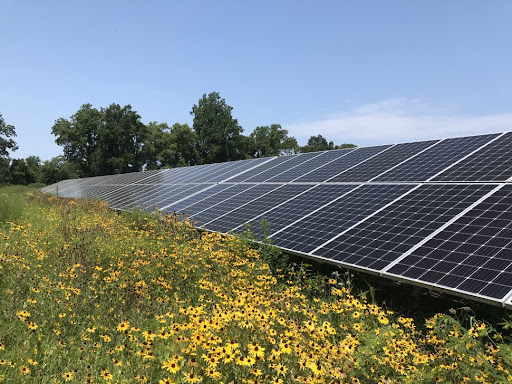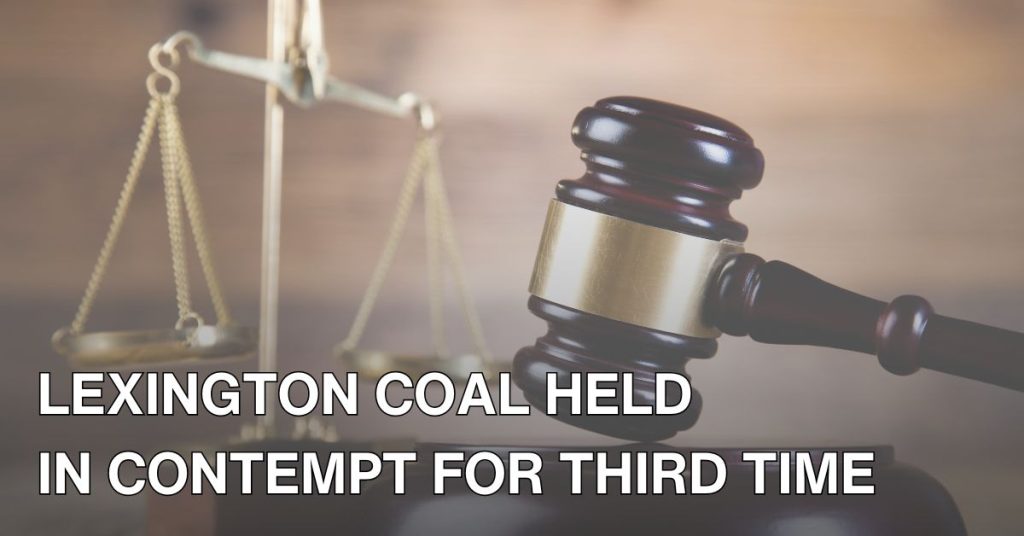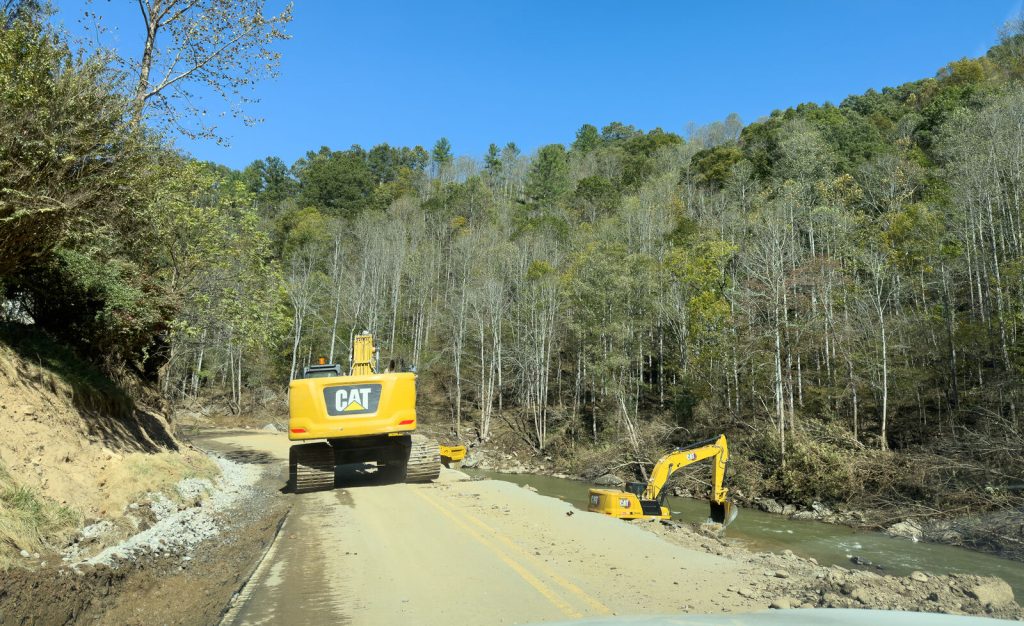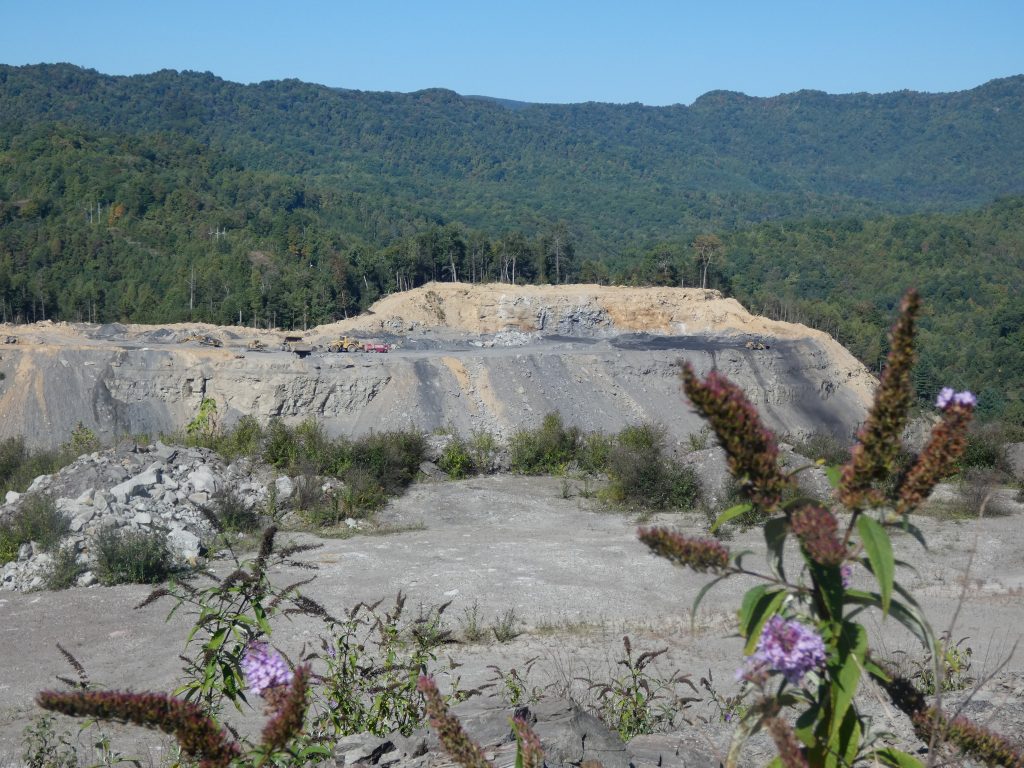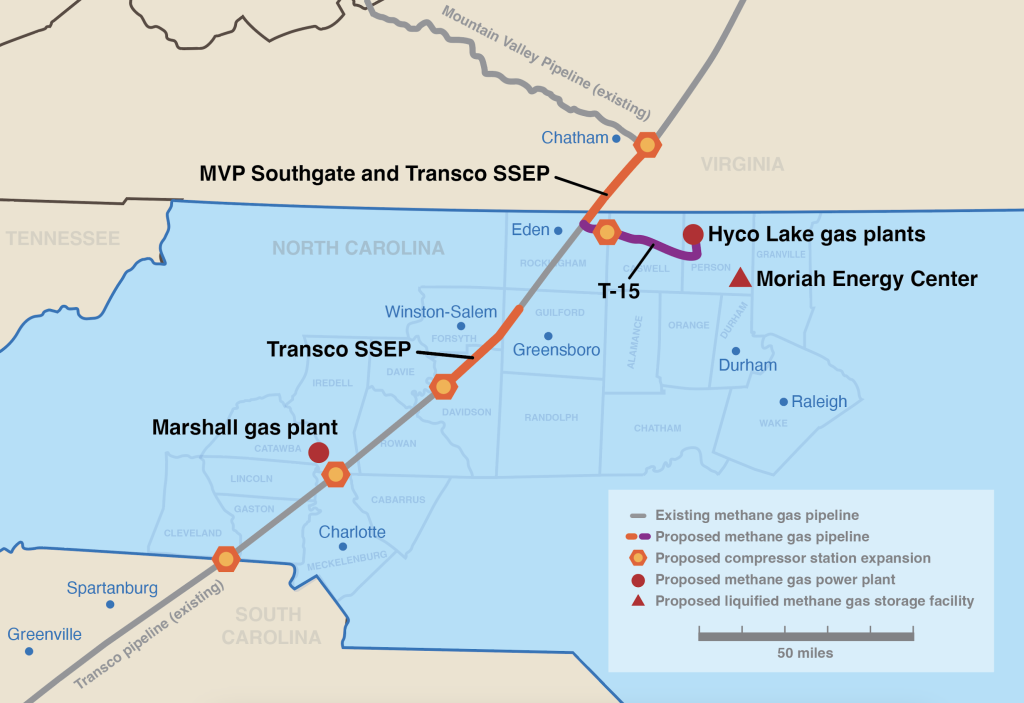Cleaning Up Coal Ash
For well over a century, power plants across the country have burned coal to generate electricity. And for just as long, leftover coal ash has been dumped in open, unlined pits near the power plant, usually located on a river or lake. Every year, U.S. power plants produce 130 million tons of coal ash, which is the second largest waste stream in the country after municipal garbage.
Coal ash concentrates the toxic heavy metals found in coal, including arsenic, mercury, lead and selenium. Stored in unlined, wet impoundments, coal ash has been leaking these toxics into our groundwater and surface waters for years. Sometimes these impoundments collapse — with disastrous results.
Yet government regulations for coal ash management are either non-existent or sparse, and there is little enforcement of the regulations that do exist. In North Carolina, this lack of oversight — and the complicity between state regulators, elected officials and Duke Energy — came to a boiling point in February 2014 when one of Duke’s coal ash impoundments spilled 39 million tons of ash into the Dan River.
Citizens living near North Carolina’s 33 coal ash impoundments — all of which have leaked — have fought for transparency from Duke and the state, and for cleanup of the pollution that threatens their property value, health and family. Their actions forced this issue into the headlines of news networks and to the forefront of environmental justice conversations in the United States.
Appalachian Voices stood with these communities as we worked for years to compel Duke Energy and the N.C. Department of Environmental Quality to excavate coal ash from all the North Carolina sites and dispose of it either in lined, dry landfills, away from waterways, or by recycling it for concrete or other uses, provided it’s done in a manner that protects public health and the environment.
On Jan. 2, 2020, North Carolina announced a historic settlement with one of the state’s most powerful corporations and polluters, Duke Energy. The settlement requires Duke to move nearly 80 million tons of toxic coal ash at six of its power plants to properly lined landfills onsite or recycle it.

Learn information about specific coal ash impoundments in the South, including health threats and safety ratings:
Additional Resources
Fact sheets, videos, links to academic research, and more
Sign Up to Act
Help us protect the health of our communities and waterways.
Latest News
Russell County Solar Open House invitation to community members
The Solar Workgroup of Southwest Virginia and Energy Right are hosting a solar open house for residents of Russell County and surrounding counties.
Lexington Coal held in contempt for third time for continuing to violate federal court order to stop polluting West Virginia streams
Today, the U.S. District Court for the Southern District of West Virginia held Lexington Coal Company in contempt for the third time for the company’s ongoing refusal to address the environmental damage caused by its coal mining operations in Appalachia.
Hurricane Helene Hammers Northeast Tennessee
The Appalachian Voice will look at damage and recovery efforts in the region over the months and years to come. We start that look with Northeast Tennessee.
Farmer and Activist Completes 2,000-mile Paddle
When Ann Rose left her home in Lansing, North Carolina, she had no idea what she was in for on her nearly 2,000-mile kayak trek to the Gulf.
Community groups ask judge to halt mining and hold A&G Coal in contempt for violating court-ordered mine clean-up deadlines
Today, three community groups — Southern Appalachian Mountain Stewards, Appalachian Voices and the Sierra Club — filed a motion to hold A&G Coal Company in contempt of court for failure to comply with a prior consent decree.
Williams Companies submits federal application for massive new methane pipeline
Today, pipeline operator Williams Companies submitted a new application to the Federal Energy Regulatory Commission for a 42” methane gas pipeline proposed for Virginia and North Carolina.





